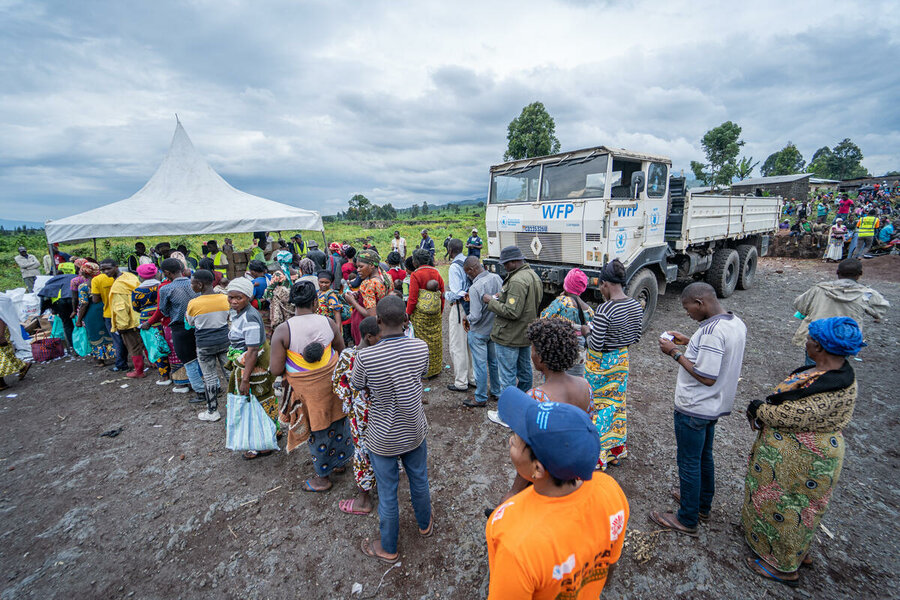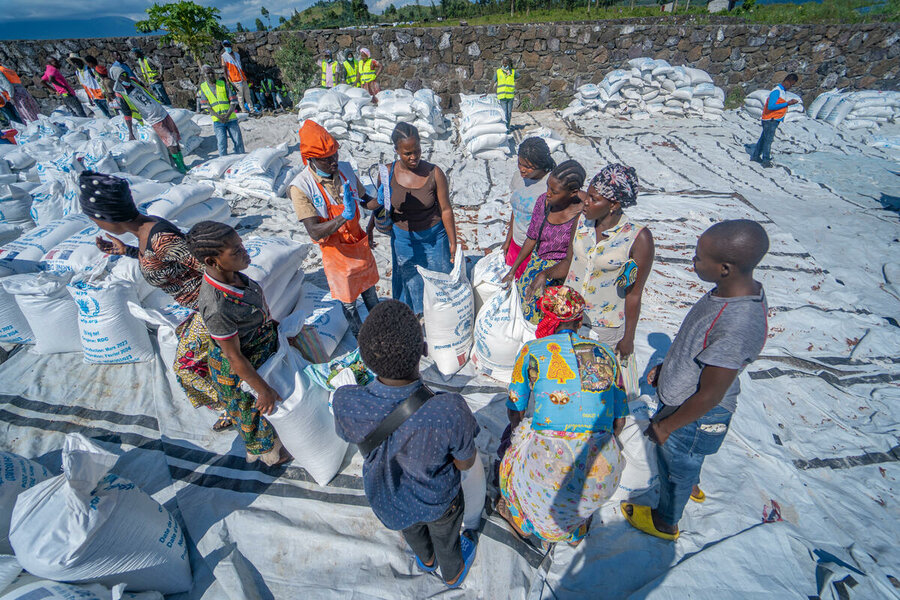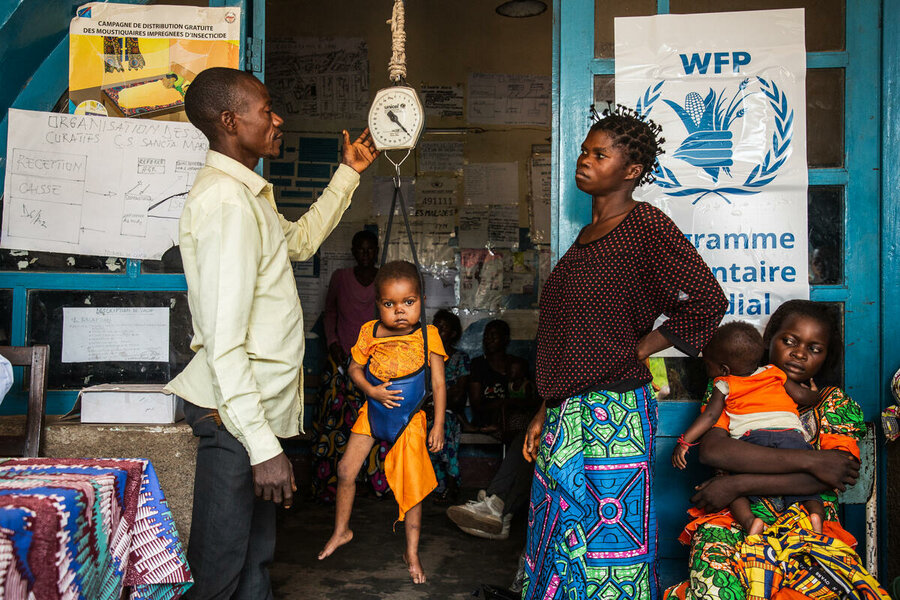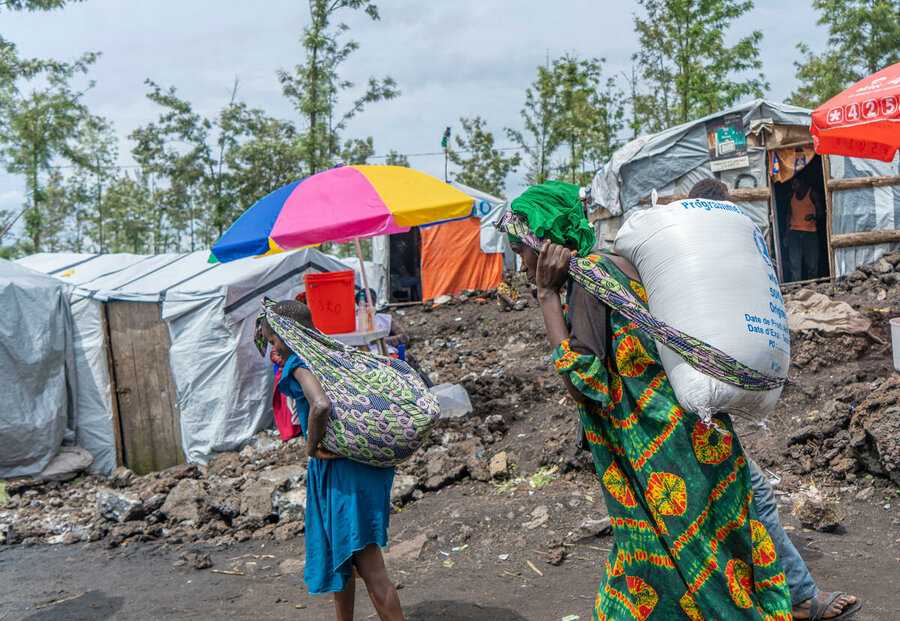
The World Food Programme (WFP) is calling for urgent funds to respond to the growing crisis in the east of the Democratic Republic of the Congo (DRC).
More than a million people have been forced to leave their homes in eastern DRC since January, bringing to 5.5 million the total number of internally displaced people (IDPs) in the region. The World Health Organization has warned of a total breakdown of health services, landing people in the jaws of disease and malnutrition.

In 2023, up to 25.8 million are expected to face acute food insecurity in DRC - more than a quarter of the country's population - including 6.7 million people in the three eastern provinces of Ituri, North Kivu and South Kivu.
"And it's only getting more complex and further aggravating problems such as gender-based violence," said Natasha Nadazdin, World Food Programme (WFP) Deputy Country Director for DRC.

She added: "Women and girls - children, in fact - make up the majority of the displaced populations." They are on the front lines, as conflict and climate change trigger mass movements of people, while "men are frequently left behind to perhaps try to keep the household property or to even fight".
"If there's no food, then women are often compelled to look for it outside the camps where they live. That's often when and where gender-based violence occurs," Nadazdin said. Women and girls are also raped when searching for firewood in and around the camps surrounding Goma.

Since January, over 10,300 survivors of gender-based violence have been treated by dedicated humanitarian staff, 66 percent of whom were survivors of rape.
Six months of escalating violence in the east of DRC could spread and topple what security and infrastructure the country has, tipping it towards becoming a failed state.
More than 2,000 schools in the east have closed since the beginning of the crisis. At least 750,000 children are currently out of school, and partners have reported record numbers of unaccompanied minors.
Meanwhile, farming has stopped in many places, there are no jobs and IDP camps are growing bigger as more and more families squeeze into makeshift tents.
'At this rate the main export will be irreparable chaos'






